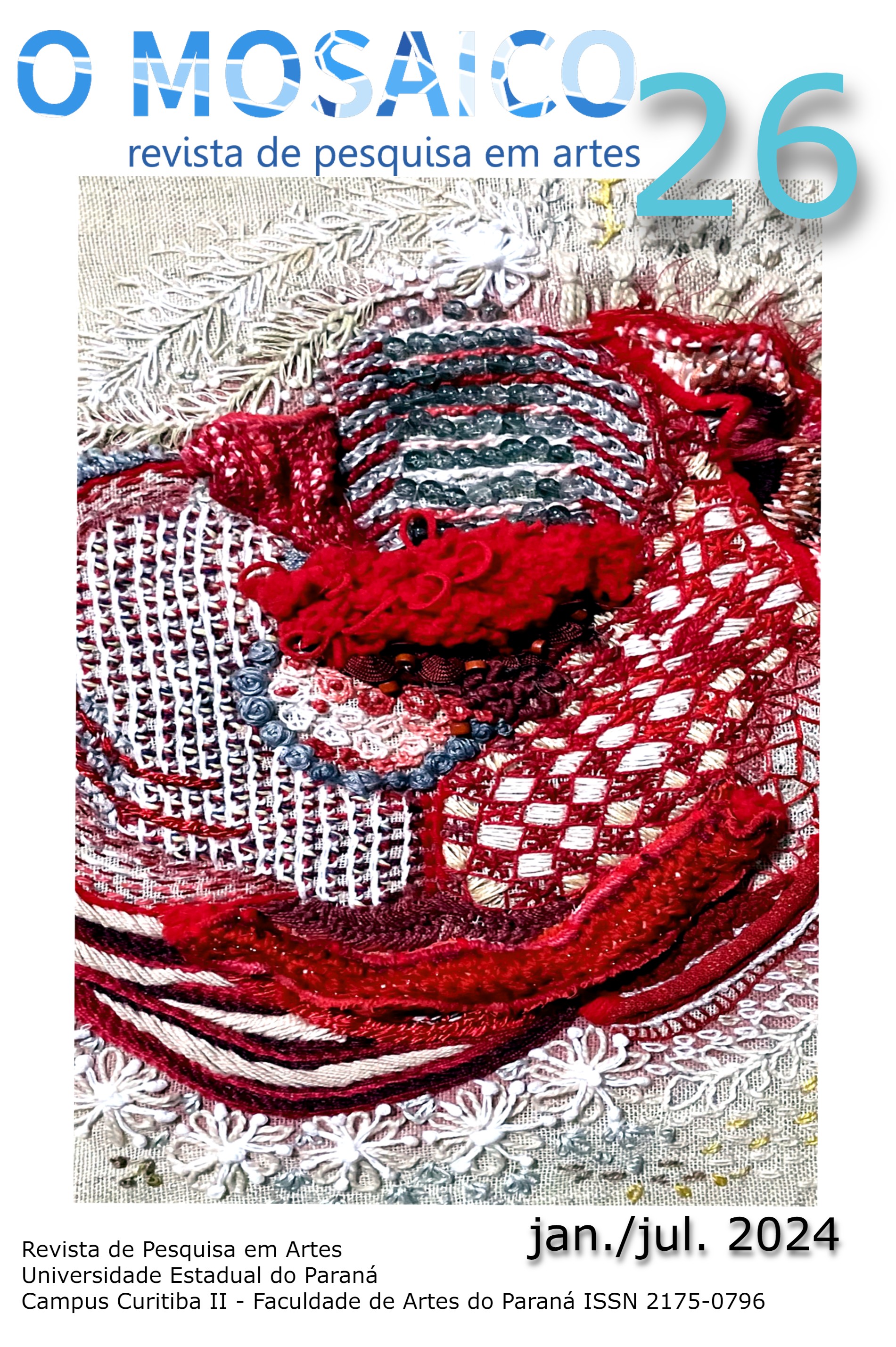Music therapy services with black women
DOI:
https://doi.org/10.33871/21750769.2024.18.1.8405Keywords:
Music therapy, Women, Black Population, Quality of Life, Social Determinants of HealthAbstract
This work investigated the effects of Community Music Therapy (CoMt) practices with black women in the city of Belo Horizonte/MG. Voluntarily, 3 women participated in 8 Group Music Therapy sessions, lasting 1 hour. Participants completed the World Health Organization Quality of Life - bref (WHOQOL-bref) test, which asks about the respondent's quality of life and DASS-21, a self-report instrument on Negative Affects. The results of the quantitative analysis, through hypothesis testing and effect size, and qualitative analysis, based on the Thematic Analysis, indicated that the 8 music therapy sessions were sufficient to mobilize domains of the assessment instruments with a good effect size, with the exception of the Environment (WHOQOL - bref) and Anxiety (DASS-21) domains. Despite the small sample size and, therefore, the t-test not capturing statistical significance between the means of most tests, it was verified, based on the effect size, that the CoMt services mobilized changes mainly in the psychological, physical and social relationships domains (assessed by WHOQOL-bref) and depression and stress (assessed by DASS-21). Future research should take the sample size into account to obtain more evidence on the effects of music therapy with black women.
Downloads
Downloads
Published
How to Cite
Issue
Section
License
Copyright (c) 2024 O Mosaico

This work is licensed under a Creative Commons Attribution-NonCommercial-ShareAlike 4.0 International License.
The authors retain the copyright, when licensing their production in the journal O Mosaico, which is licensed under a Creative Commons license. When submitting the work, and upon acceptance, the author assigns his/her copyright for publication in the journal. Readers can download, print and use the articles published in the journal, as long as there is always an explicit mention to the author (s) and to the O Mosaico, and no changes to the original work are allowed. When submitting an article to the journal O Mosaico and after accepting it for publication, the authors allow, without remuneration, to pass the following rights to the journal: the first edition rights and the authorization for the editorial team to transfer, according to their judgment, this article and its meta data to indexing and reference services.

